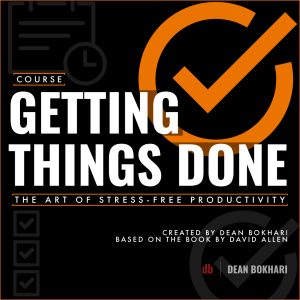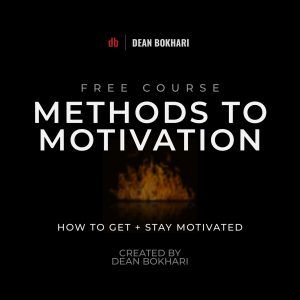After publishing my piece on forming new habits, I received a flurry of email submissions with various habit-forming-related questions. One of the questions that really stood out to me was this one:
”Can you talk about the mindset behind developing good habits and breaking bad ones? I don’t have issues starting new habits, but I always seem to have issues maintaining them.” —Shannon L., Vancouver, Canada
When most people set out to make a change in their lives, they start by identifying WHAT they want (get into shape, write a book, etc) and then they figure out HOW they’ll get it (exercise 30–45 minutes a day, dedicate a minimum of 60 minutes per day to writing, etc.)
This is effective, but anyone can hit the gym or sit down and write for a week or two, but then the habit wears off and they give up.
This is because the WHAT (the goal) and the HOW (the habit) aren’t congruent with who they truly believe themselves to be…
But what if you started FIRST by identifying the type of person you need to become in order to achieve your goals and develop the habits to required to achieve them? For example, what are the characteristics and values of the type of person who writes books or exercises regularly?
When you can identify WHO you need to become on the inside, it’ll be easier to make things happen on the outside. (click-to-tweet)
I refer to this as the process of Internalizing Your Habits.
Internalize a habit, and you can lock it in for life.
One of the most powerful things you can do to develop new good habits or break bad ones, is to internalize your habit — to make it part of your core identity, to make it part of who you are.
It’s not enough to write down “live healthy” as a value if you’re not actually living it. In order to take what we want to do, and make it what we actually do, we need to internalize it.
- It’s one thing to say you “want to work out more,” it’s another thing to say you’re the “kind of person who hits the gym, rain or shine.”
- It’s one thing to say you “want to stop gossiping,” it’s another thing to say you’re the “kind of person who never says anything negative about anyone that you’re not willing to say to them face-to-face.”
- It’s one thing to say you “want to read more this year,” it’s another thing entirely to say that you’re “a voracious reader.”
Internalize Your Habit.
Think of it this way: every time you perform—or neglect to perform—an action related to a habit, you’re casting a vote to either break that habit or to build it into your identity over the long-run.
For example, if you want to become the type of person who exercises – every time you go to the gym, you’re voting for that habit. But every time you decide to forego the gym, you’re voting against that habit.
The more votes you cast for a habit that helps you, the more you internalize that habit and make it a part of who you truly are.
Cast enough votes, and eventually, you will become your habit.
Two steps to internalizing a habit:
- Identify the type of person you want to become.
- Take small steps daily towards becoming that person.
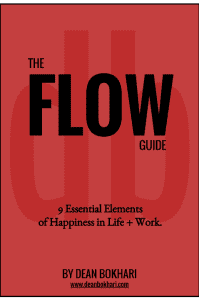
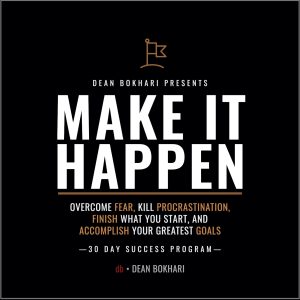
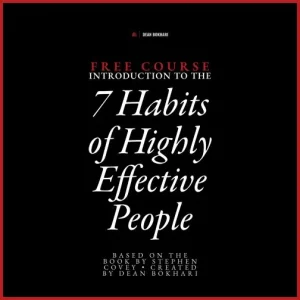 Free Course: Intro to The 7 Habits of Highly Effective People by Stephen Covey • Instructed by Dean Bokhari.
Free Course: Intro to The 7 Habits of Highly Effective People by Stephen Covey • Instructed by Dean Bokhari.